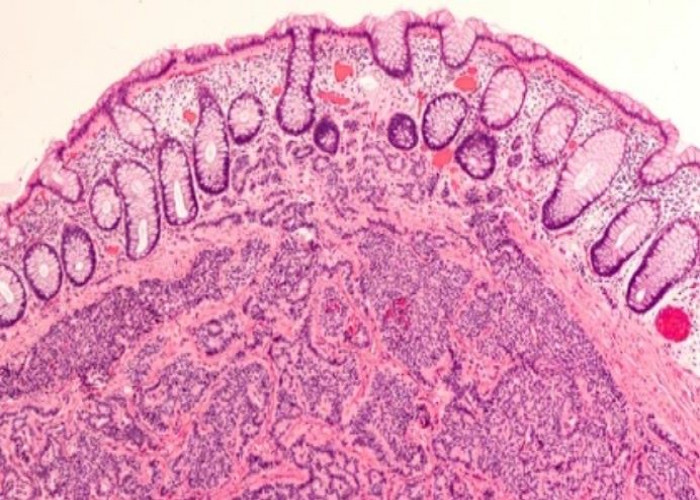 Welcome
Welcome
“May all be happy, may all be healed, may all be at peace and may no one ever suffer."
Carcinoid syndrome

Carcinoid syndrome is a rare condition that can occur in people with carcinoid tumors, which are slow-growing neuroendocrine tumors that arise from hormone-producing cells. The syndrome is caused by the release of certain chemicals, such as serotonin and histamine, from the tumor into the bloodstream, which can cause a range of symptoms. These symptoms may include flushing of the skin, diarrhea, wheezing, heart palpitations, and abdominal pain. Carcinoid syndrome can be diagnosed through blood tests, imaging studies, and a biopsy of the tumor. Treatment may involve surgery to remove the tumor, medications to manage symptoms and slow the growth of the tumor, and in some cases, chemotherapy or radiation therapy. It is important to seek medical attention if you experience symptoms of carcinoid syndrome, as early diagnosis and treatment can improve outcomes.
Research Papers
Disease Signs and Symptoms
Disease Causes
Carcinoid syndrome
The signs and symptoms of carcinoid syndrome depend on which chemicals the carcinoid tumor secretes into your bloodstream.
The most common signs and symptoms include:
- Skin flushing. The skin on your face and upper chest feels hot and changes color — ranging from pink to purple. Flushing episodes may last from a few minutes to a few hours or longer.
- Flushing may happen for no obvious reason, though sometimes it can be triggered by stress, exercise or drinking alcohol.
- Facial skin lesions. Purplish areas of spiderlike veins may appear on your nose and upper lip.
- Diarrhea. Frequent, watery stools sometimes accompanied by abdominal cramps may occur in people who have carcinoid syndrome.
- Difficulty breathing. Asthma-like signs and symptoms, such as wheezing and shortness of breath, may occur at the same time you experience skin flushing.
- Rapid heartbeat. Periods of a fast heart rate could be a sign of carcinoid syndrome.
Carcinoid syndrome
Carcinoid syndrome is caused by a carcinoid tumor that secretes serotonin or other chemicals into your bloodstream. Carcinoid tumors occur most often in the gastrointestinal tract, including your stomach, small intestine, appendix, colon and rectum.
Only a small percentage of carcinoid tumors secrete the chemicals that cause carcinoid syndrome. When these tumors do secrete the chemicals, the liver normally neutralizes the chemicals before they have a chance to travel through your body and cause symptoms.
However, when an advanced tumor spreads (metastasizes) to the liver itself, it may secrete chemicals that aren't neutralized before reaching the bloodstream. Most people who experience carcinoid syndrome have an advanced cancer that has spread to the liver.
Some carcinoid tumors don't have to be advanced to cause carcinoid syndrome. For instance, carcinoid lung tumors that secrete chemicals into the blood do so farther upstream from the liver, which then cannot process and eliminate the chemicals.
Carcinoid tumors in the intestine, on the other hand, secrete the chemicals into blood that must first pass through the liver before reaching the rest of the body. The liver usually neutralizes the chemicals before they can affect the rest of the body.
What causes carcinoid tumors is unclear.
Disease Prevents
Disease Treatments
Treating carcinoid syndrome involves treating your cancer and may also involve using medications to control your specific signs and symptoms.
Treatments may include:
- Surgery. Surgery to remove your cancer or most of your cancer may be an option.
- Medications to block cancer cells from secreting chemicals. Injections of the medications octreotide (Sandostatin) and lanreotide (Somatuline Depot) may reduce the signs and symptoms of carcinoid syndrome, including skin flushing and diarrhea. A drug called telotristat (Xermelo) can be combined with these drugs to control diarrhea caused by carcinoid syndrome.
- Drugs that deliver radiation directly to the cancer cells. Peptide receptor radionuclide therapy (PRRT) combines a drug that seeks out cancer cells with a radioactive substance that kills them. In PRRT for carcinoid tumors, the drug is injected into your body, where it travels to the cancer cells, binds to the cells and delivers the radiation directly to them. This therapy is used in people who have advanced cancer that hasn't responded to other treatments.
- Stopping blood supply to liver tumors. In a procedure called hepatic artery embolization, a doctor inserts a catheter through a needle near your groin and threads it up to the main artery that carries blood to your liver (hepatic artery). The doctor injects particles designed to clog the hepatic artery, cutting off the blood supply to cancer cells that have spread to the liver. The healthy liver cells survive by relying on blood from other blood vessels.
- Killing cancer cells in the liver with heat or cold. Radiofrequency ablation delivers heat through a needle to the cancer cells in the liver, causing the cells to die. Cryotherapy is similar, but it works by freezing the tumor.
- Chemotherapy. Chemotherapy uses strong drugs to kill cancer cells. Chemotherapy drugs can be given through a vein (intravenously) or in pill form, or both methods can be used.
Disease Diagnoses
Disease Allopathic Generics
Disease Ayurvedic Generics
Disease Homeopathic Generics
Disease yoga
Carcinoid syndrome and Learn More about Diseases

Childhood apraxia of speech
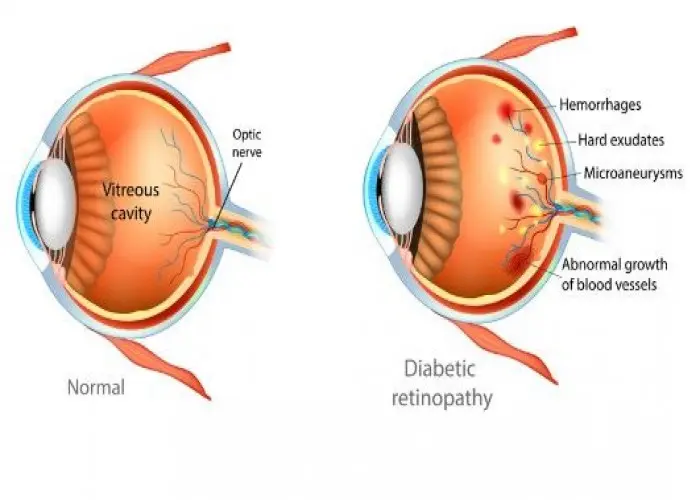
Diabetic retinopathy

Celiac disease
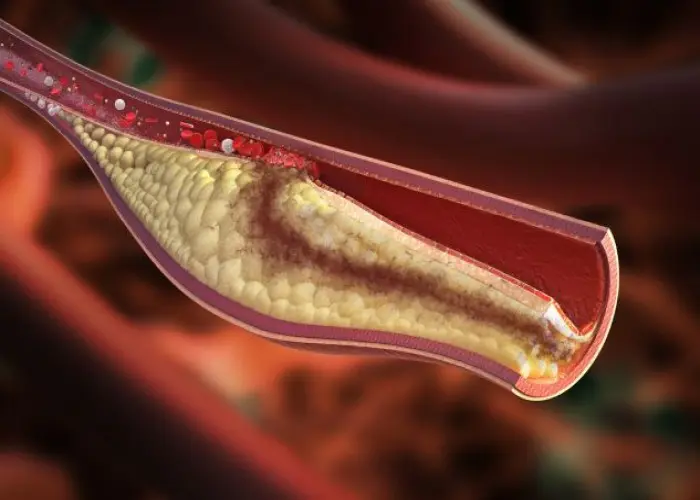
Acute coronary syndrome
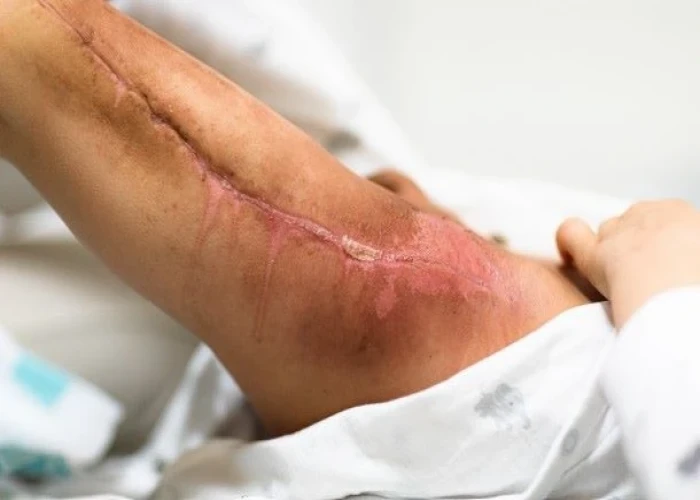
Rhabdomyosarcoma
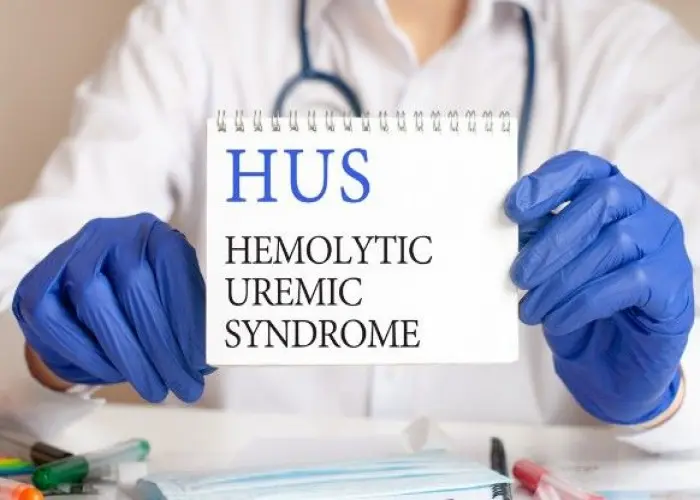
Hemolytic uremic syndrome (HUS)
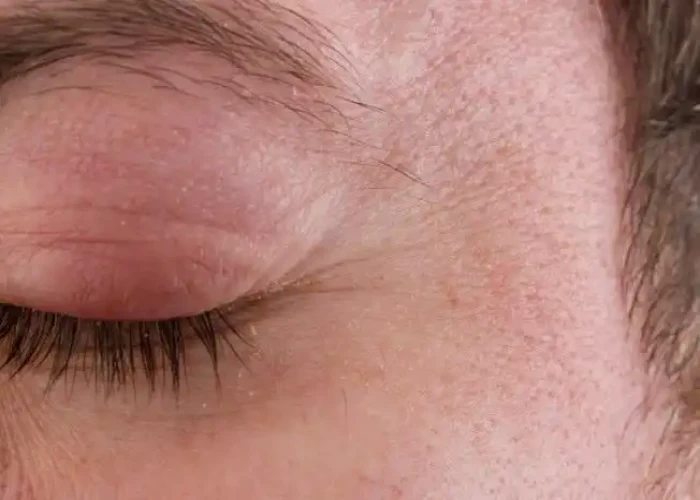
Trachoma
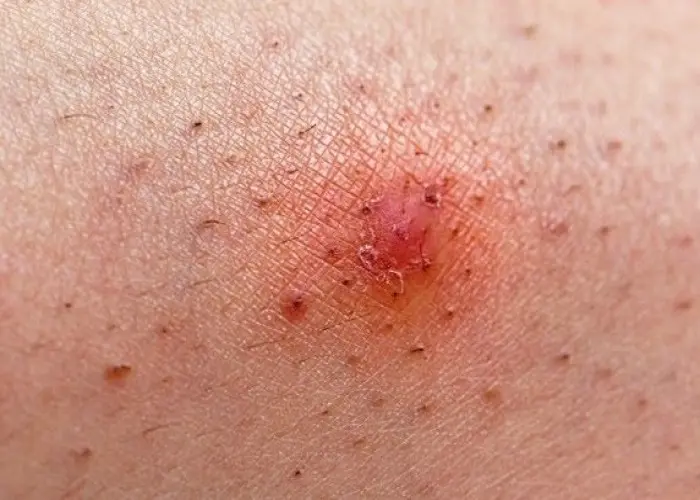
Ingrown hair
Carcinoid syndrome, Carcinoid tumor, কার্সিনয়েড সিনড্রোম
To be happy, beautiful, healthy, wealthy, hale and long-lived stay with DM3S.
